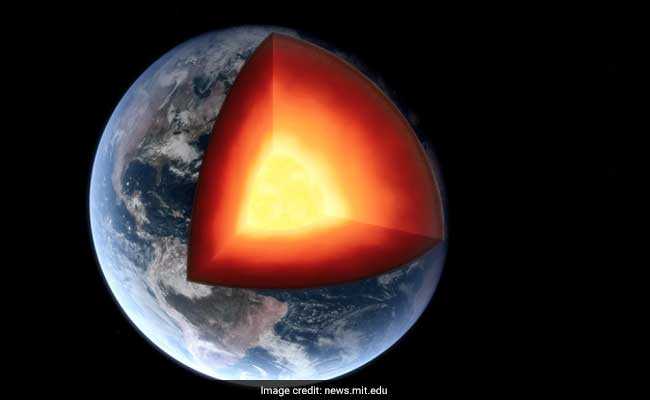Solar Eclipse: Misconceptions
Throughout history, humans have observed solar eclipses, yet many misconceptions persist despite advancements in scientific understanding. Over time, our knowledge of the physical world has expanded, leading to detailed explanations for total solar eclipses. However, certain old beliefs resist replacement by scientifically accurate explanations. Some still view eclipses as omens of doom, believe pregnant women should avoid them, or fear radiation dangers and birth defects. Despite safety precautions, concerns about eye damage also persist. These enduring misconceptions highlight the ongoing fascination and mystery surrounding eclipses, despite scientific advancements.
Exposing Solar Eclipse Myths for Pregnant Women
As the total eclipse of 2024 approaches, it’s important to address the myths surrounding its impact on pregnant women. Let’s separate fact from fiction:

Myth 1: Eclipses Harm the Fetus
- Fact: There’s no scientific evidence to support this belief. The fetus is well-protected in the womb, and limited sunlight exposure during an eclipse poses minimal risk.
Myth 2: Increased Risk of Birth Defects
- Fact: Studies have shown no correlation between the timing of a eclipse and the incidence of birth defects. Genetic factors and maternal health issues are the primary causes of birth defects.
Myth 3: Higher Risk of Miscarriage
- Fact: Scientifically, there’s no link between eclipses and miscarriages. Miscarriages are typically caused by genetic abnormalities or maternal health conditions.
Practical Tips for Pregnant Women During a Solar Eclipse
- Stay indoors: go for indoor viewing to avoid direct sunlight exposure.
- Use eye protection: Wear certified solar eclipse glasses to safeguard your eyes.
- Manage stress: Focus on staying calm and relaxed during the event.
- Stay hydrated: Drink plenty of water to prevent dehydration.
- Rest and relax: Take the opportunity to rest and unwind.
- Monitor baby’s movements: Be aware of your baby’s activity patterns.
- Seek support: Consult your healthcare provider for personalized guidance and reassurance.

Clearing Common Misconceptions
While myths surrounding eclipses persist, scientific evidence confirms their safety for pregnant women. Let’s debunk some prevalent misconceptions:
Myth 4: Eclipses Cause Harm
- Fact: Celestial events like solar eclipses have no significant impact on human health.
Myth 5:Eclipse Exposure Leads to Miscarriage
- Fact: There’s no scientific basis for this belief. Miscarriages are caused by various factors unrelated to eclipses.
The Total Solar Eclipse of 2024
This rare celestial event is highly anticipated, but let’s ensure accurate information prevails amidst the excitement:
Event Details
- Date: April 8, 2024
- Path: Crossing North America from Mexico to Newfoundland, Canada.
Also Read-Unveiling the Cosmic Origins: Shiva and Shakti – Earliest Building Blocks of the Milky Way
-What does a total solar eclipse means?
A total solar eclipse happens when the Moon passes between the Sun and Earth, completely blocking the face of the Sun. People located in the center of the Moon’s shadow when it hits Earth will experience a total eclipse. The sky will darken, as if it were dawn or dusk.
-Why is a total solar eclipse so rare?
It is rare because the orbit of the moon is not a perfect circle around Earth, and it does not orbit Earth in the same plane as Earth orbits the sun.
-When was last total solar eclipse?
After the April 8 total solar eclipse this year, the next total solar eclipse visible from the U.S. will occur on Aug. 23, 2044. The last total solar eclipse was visible from the U.S. happened in August 2017 — it was the first total eclipse to pass over the entire continent in nearly 100 years.
Celebrating the Wonder of Nature
As we prepare to witness this awe-inspiring event, let’s appreciate the beauty of the cosmos while dispelling unfounded fears. The eclipse of 2024 is a testament to the marvels of our universe, accessible to all who seek to understand and admire its wonders.











This website provide the best updates about knowledge and news.